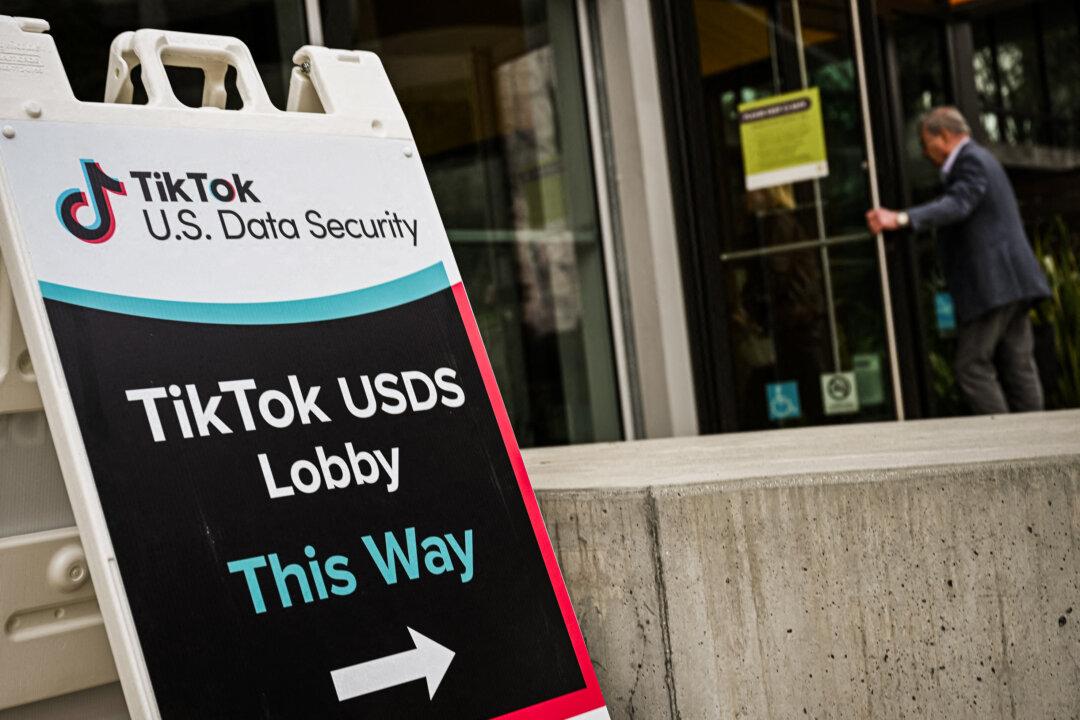A trade group representing TikTok and other large technology companies on Dec. 18 filed a lawsuit against the state of Utah for its first-of-its-kind rules requiring children and teenagers to acquire informed consent from their parents before using social media apps.
The suit (pdf) has to do with two laws signed in March by Republican Gov. Spencer Cox and slated to go into effect March 1, 2024, making it illegal for minors to use social media between the hours of 10:30 p.m. and 6:30 a.m. unless they have parental approval.





